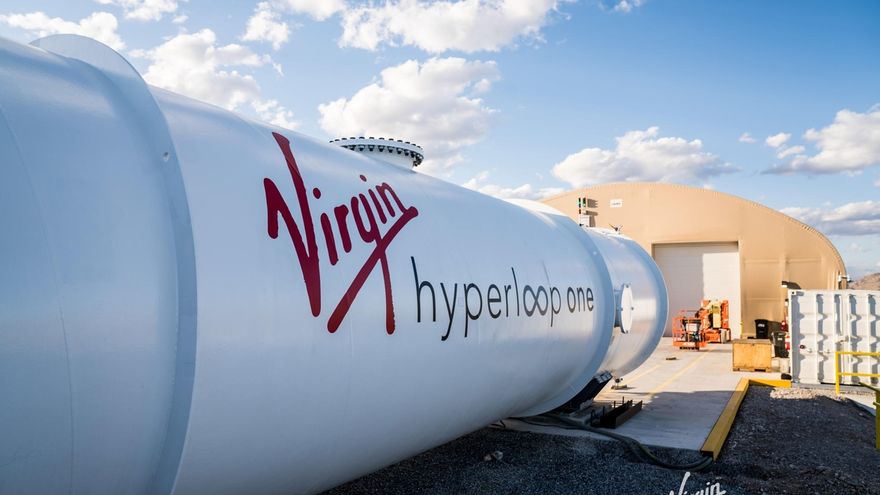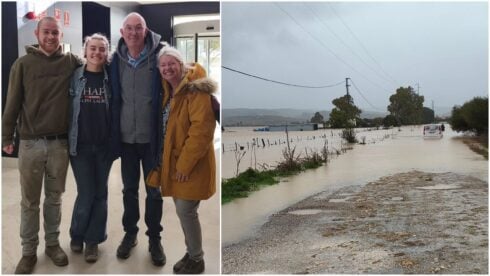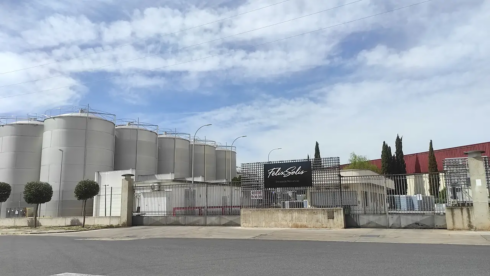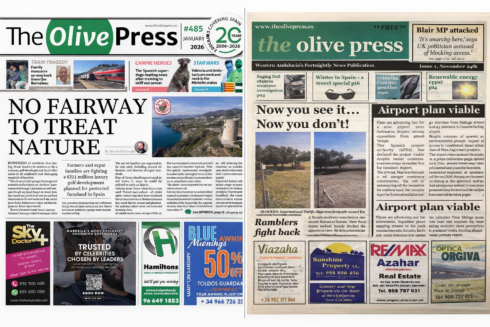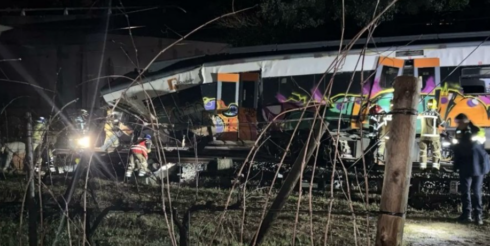ADIF, Spain’s railway management company, has closed the book on Malaga’s ambitious Hyperloop project as Antequera’s vast testing site goes out to tender.
The monstrous warehouse spans over 20,000 square metres in Bobadilla, near the existing train station, but has laid empty for several years.
It was designed to become a High Technology Railway Testing Centre (CEATF).
Eager to put the area’s investment to use, new businesses are now being sought to occupy the space and begin a return on investment.
The original Hyperloop began back in 2014 as the brainchild of tech wizard Elon Musk and his company Tesla.
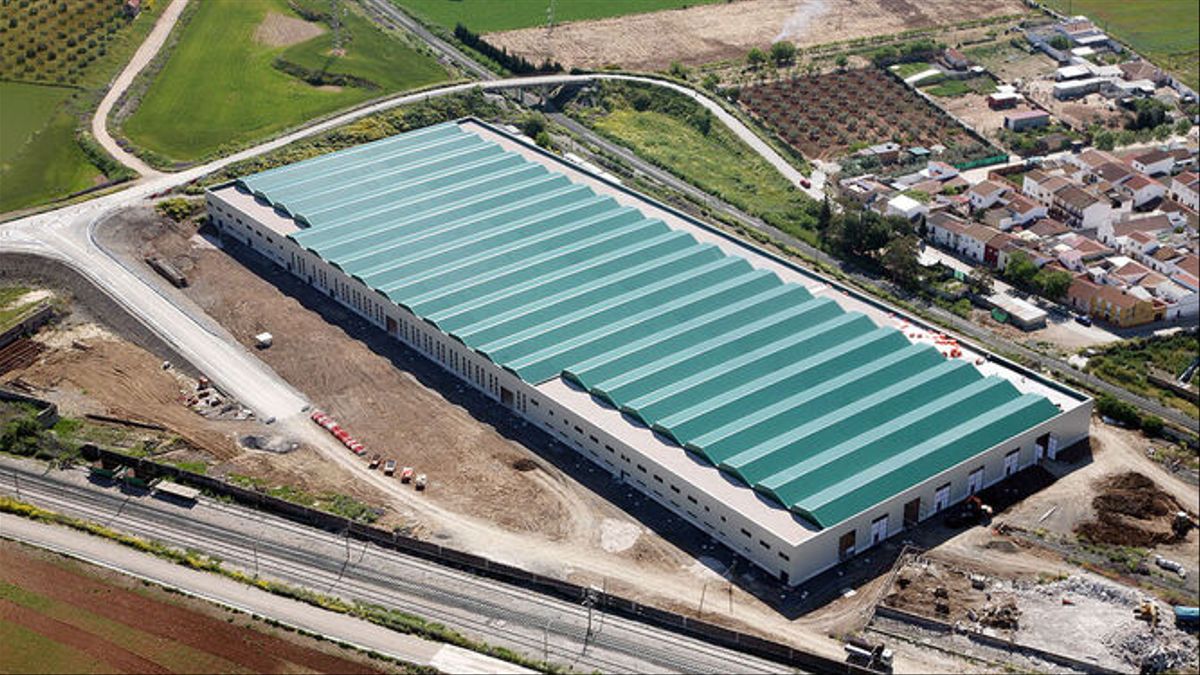
It was designed as a low cost and efficient method of transporting goods and passengers large distances at super high speeds of up to 1,000 kilometres per hour.
The technology filtered down to Europe, and ADIF began a plan to cement Malaga at the forefront of Hyperloop technology by constructing a state of the art testing centre and 58 kilometre loop to test the vehicle.
Under the socialist government and Zapatero, the plan was to invest €386 million, €133 million of which would be publicly funded.
The plan got off to a rocky start, with Spain paying ADIF €140 million even before the project was cleared by congress, thus violating EU regulations.
The project was hit further in 2016, when the financing was turned into a public – private model, however the idea of a publicly funded market entry caused ‘unfair competition’ and was quickly cancelled.
Spain’s government was ordered to pay back the €140 million grant that the EU on behalf of ADIF.
The legal hurdles, as well as a dying market for high speed rail travel, caused the project to come to a halt until 2018, when British run Virgin announced that it would be choosing the site to develop its own Hyperloop One.
Planned testing was due to begin this year, however Virgin cut contact and showed no further interest in pushing the project forward.
This apparent end to Malaga’s dream has left the €13 million warehouse derelict, leaving ADIF no option to but to look into different options.
“Right now it only generates expenses. Several companies have shown interest, which forces us to put out to tender their rental,” explains a spokesman from ADIF.
Click here to read more News from The Olive Press.

